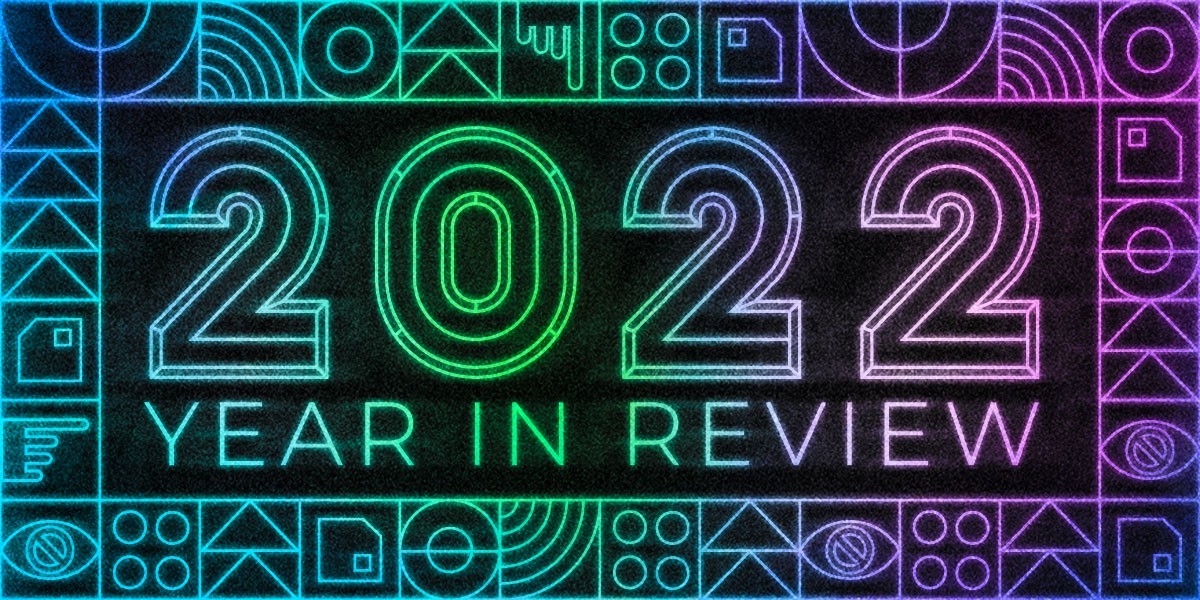We love San Francisco. It’s EFF’s home. It’s often an example for other cities in regards to technology use and civil liberties. We helped make San Francisco the first city in the United States to ban government use of facial recognition, and one of the first to require community control of whether police can use surveillance technology.
Unfortunately, San Francisco took a wrong turn in 2022. Over objections of many community groups, the Board of Supervisors passed temporary legislation allowing police to get live access to private security cameras to address any crime, no matter how minor. We’ll be back in 2024, when the ordinance sunsets, to demand that the city not restart this surveillance program.
The prolonged fight began in early 2022 with the threat of dueling ballot measures on whether to strengthen or weaken the surveillance control ordinance. A coalition came together, and the measures were withdrawn. Then the fight shifted to a new proposed ordinance to authorize a specific surveillance ordinance. The bill would allow police to request live access from the owner of any private security camera for up to 24 hours after an alleged crime, as well as during any “significant events.”
The SFPD’s proposal allowed the police to access thousands of private surveillance cameras,including those outside of residences and businesses, as well as the massive surveillance camera networks of the many Business Improvement Districts and Community Benefit Districts in various neighborhoods around the city. Before the new legislation, police could only request historical footage from these cameras. But this new proposal gave police the power to live monitor “significant events”—defined to include any “large or high-profile event,” implicating people exercising their First Amendment rights during protests or religious gatherings. The concern was far from hypothetical: EFF and the ACLU of Northern California sued the city after SFPD accessed a business district’s camera network to monitor protests for 8 days following the police murder of George Floyd in the summer of 2020.
Unfortunately, in late September, the Board of Supervisors voted 4-to-7 to grant these new powers to the SFPD. They should have listened to community objections. The police department never clearly articulated a real situation in which this new power would be more useful to public safety than existing powers.
Fortunately, this bill has a sunset provision: in 15 months, the SFPD loses its new power to access non-city cameras. That’s a partial win, based on opposition from many San Franciscans to any SFPD access to these cameras. So 15 months from now, we have another chance to put on our boots, dust off our megaphones, and fight like hell to protect San Franciscans from police overreach.









